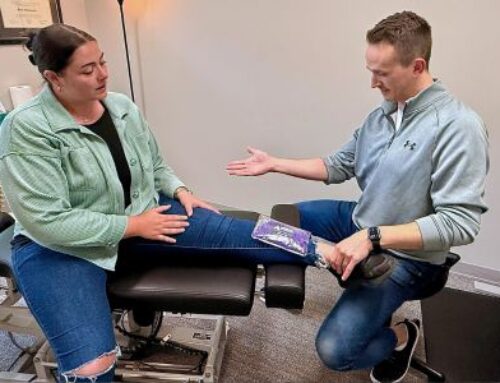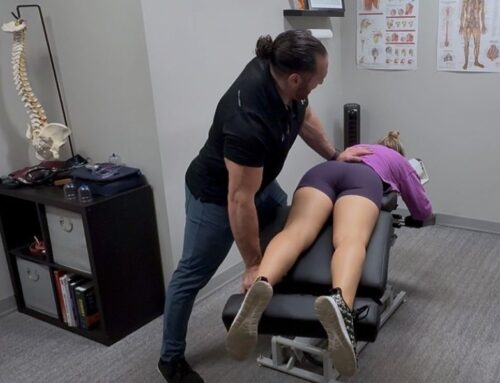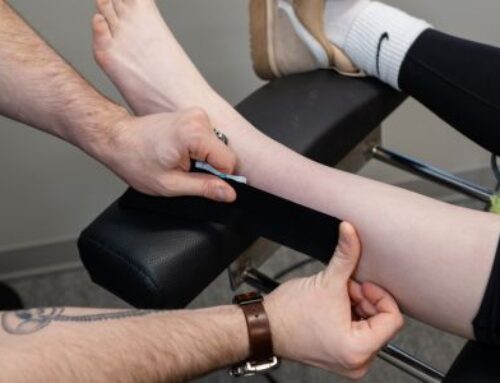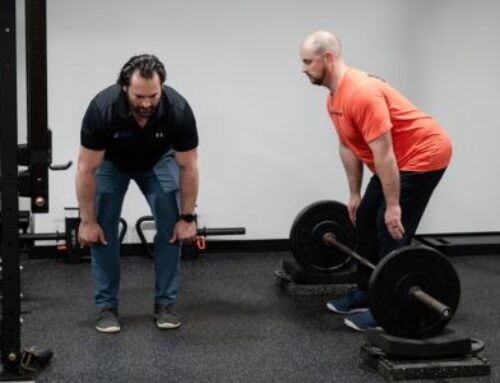Time and time again we have new patients that walk into our office who have never been treated by a chiropractor. It may be because they have never felt that it was necessary, but sometimes it is because they are utterly terrified of chiropractic in general. Most patients who are nervous about their first chiropractic experience will let us know, and every time I tell them that they are not the only people to tell me that this week alone. Most people are scared of what they do not understand. Our profession, unfortunately, has been dragged through the mud time and time again and that is mainly due to lazy doctors not performing thorough examinations, doctors offering non-evidence based care and doctors being extremely unethical. Sadly, this can be seen in every medical profession and not just ours.
Today, chiropractic care is the gold standard for treating spine pain in a conservative manner. Our profession strives to offer evidence-base care without the use of drugs or surgery. With an opioid crisis hitting America like a bomb, society needs an effective and drug-free approach.
Having low back pain daily and headaches daily is NOT NORMAL. Many people experience these types of symptoms on a daily basis and take Advil, Tylenol, or Aleve to combat their symptoms of pain, tightness, and discomfort. Unfortunately, these medications are only masking your symptoms and not actually getting to the root cause of the problem. Ever wonder what those over-the-counter medications really do to your body? If you listen to a commercial for an anti-depressant or a diabetes medication they will list out side effects, for common NSAIDs and pain relievers they will NOT. Did you know that Advil and other NSAIDs cause 100,000 hospitalization and 15,000 deaths every year in the USA due to GI bleeds.
If you are interested in possibly trying chiropractic care for the first time but have questions, give our office a call at 585-444-7325. We strive to educate our patients on their condition, our course of care and answer any questions they may have. Patient education is just as important as treatment itself!





